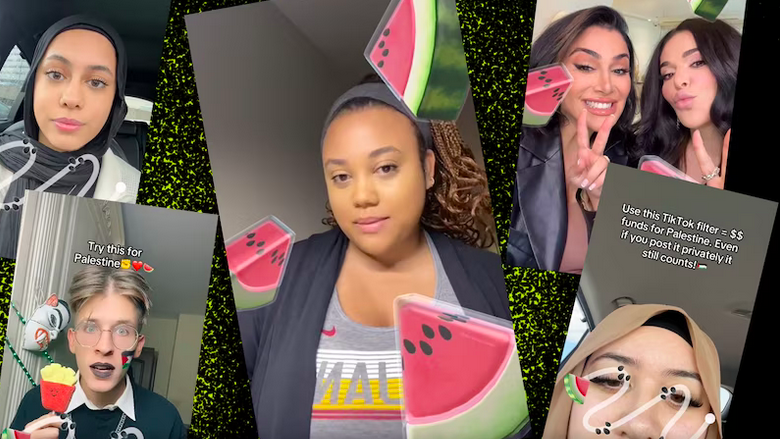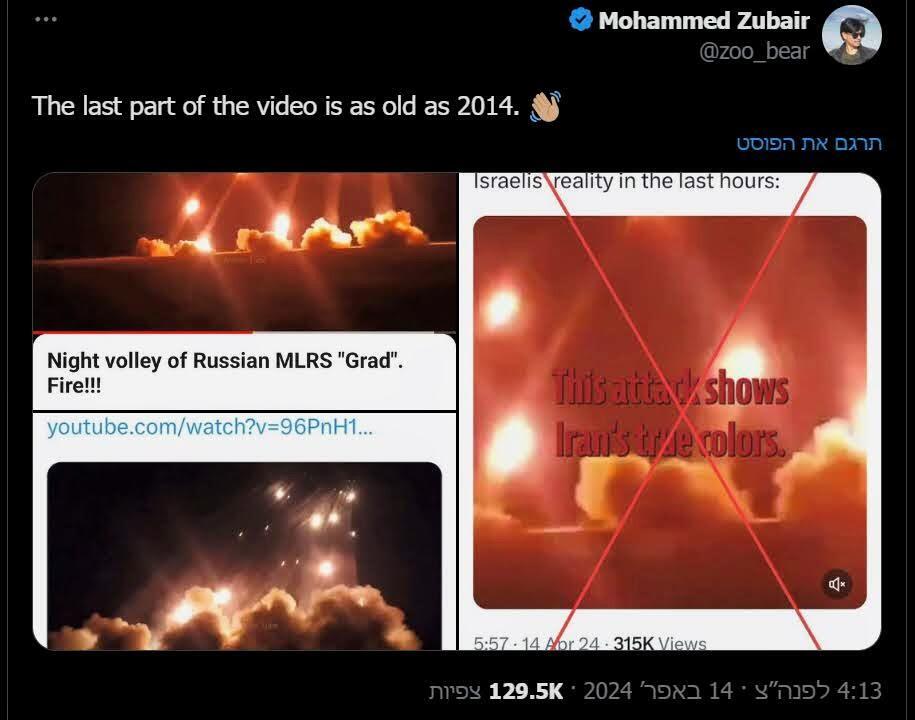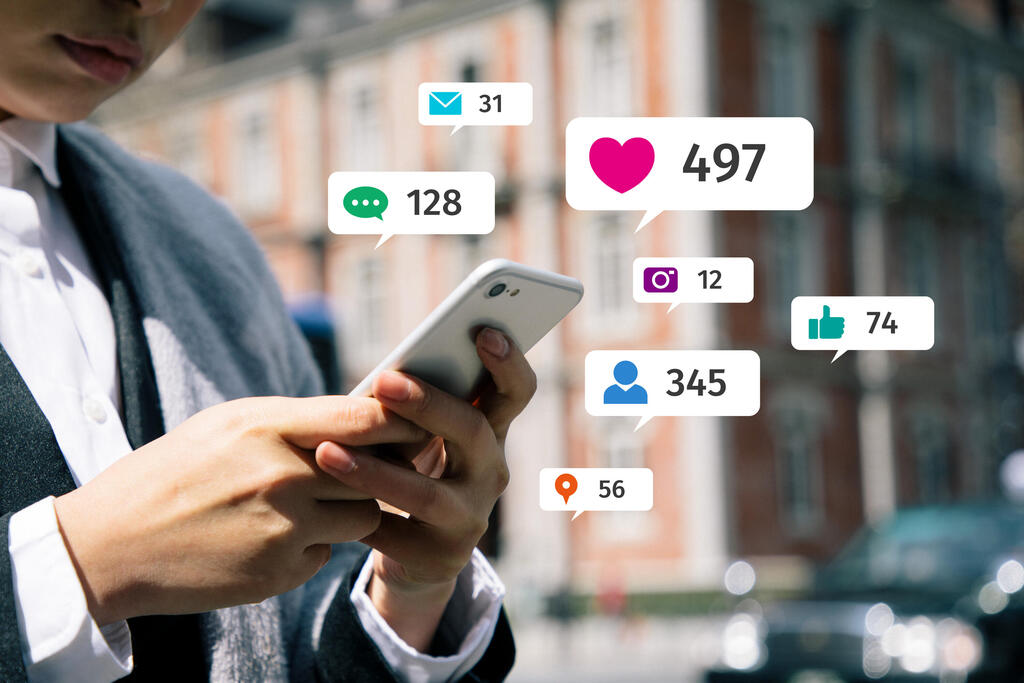Getting your Trinity Audio player ready...
Some 62% of digital content creators do not conduct rigorous fact-checking before sharing information, a study by the UN Educational, Scientific and Cultural Organization (UNESCO) published on Tuesday revealed.
The survey, which included 500 influencers from 45 countries, follows a Pew Research Center finding that 21% of Americans get their news from online influencers—a figure that rises to 37% among those under 30.
"The survey finds that content creators have difficulty with determining the best criteria for assessing the credibility of information they find online," UNESCO said. "42% of respondents said they used the number of ‘likes’ and ‘shares’ a post had received on social media as the main indicator. 21% were happy to share content with their audiences if it had been shared with them by friends they trusted, and 19% said they relied on the reputation of the original author or publisher of content."
Get the Ynetnews app on your smartphone: Google Play: https://bit.ly/4eJ37pE | Apple App Store: https://bit.ly/3ZL7iNv
According to the survey, a third of content providers do not know the origin of the information they share and only 37% said they validate information before posting.
The study also found that nearly 6 in 10 influences (51.8%) use personal experiences as a primary content source, while just 39% base their posts on research or interviews with knowledgeable individuals.
"Digital content creators have acquired an important place in the information ecosystem, engaging millions of people with cultural, social or political news. But many are struggling in the face of disinformation and online hate speech and calling for more training," Audrey Azoulay UNESCO Director-General said.




